Reviews
10 books you’ve been meaning to read this summer
Books to give activists energy, strategy and joy.
Stephanie Wong | 5 Aug 2018

Image credit: Don't Hate the Geek.
This post uses affiliate links which means that when you buy an item using the link provided we receive a portion of the sale. Affiliate links are marked with a ⟡
1. Redefining Realness by Janet Mock
I believe that telling our stories, first to ourselves and then to one another and the world, is a revolutionary act I hope that my being real with you will help empower you to step into who you are and encourage you to share yourself with those around you.
Janet Mock was assigned male at birth. At 15 she went to school as the young woman she always was. Mock chose to no longer present herself in ways that made others feel comfortable. She was going to be unapologetic in her truth so she could finally begin to feel comfortable. With uncompromising honesty and heart, Janet Mock shares her experience of growing up a person of colour, poor and trans in America to shed light on the many oppressions faced by the trans communities across the globe. Her book calls on all of us to have a greater acceptance of one another and of ourselves.
Buy Redefining Realness on Bookshop.org
2. New Power by Jeremy Heimans and Henry Timms
A movement is successful when it moves on its own.
A sharp and entertaining examination on how todays movements spread: for the good and the devastating. Heimans and Timms explore how systems of power are changing and what that means for us trying to act in a chaotically connected world.
For much of history, the rules of power were clear: power was taken and guarded. Power of the past (Old Power) was beyond the majority of societies grasp. Today we are seeing New Power: power made by the many. New Power is transparent, participatory, and people-driven. Heimans and Timms share case studies from #BlackLivesMatter to Airbnb, ISIS and the rise of fascism, to lift up what is making these movements move and become significant forces of change. The dance between Old and New Power is determining who governs us, how we work, how we live and what we believe in. At a time when our world is increasingly shaped by New Power, this book offers us some understanding of how we can act effectively in it.
3. Augustown by Kei Miller
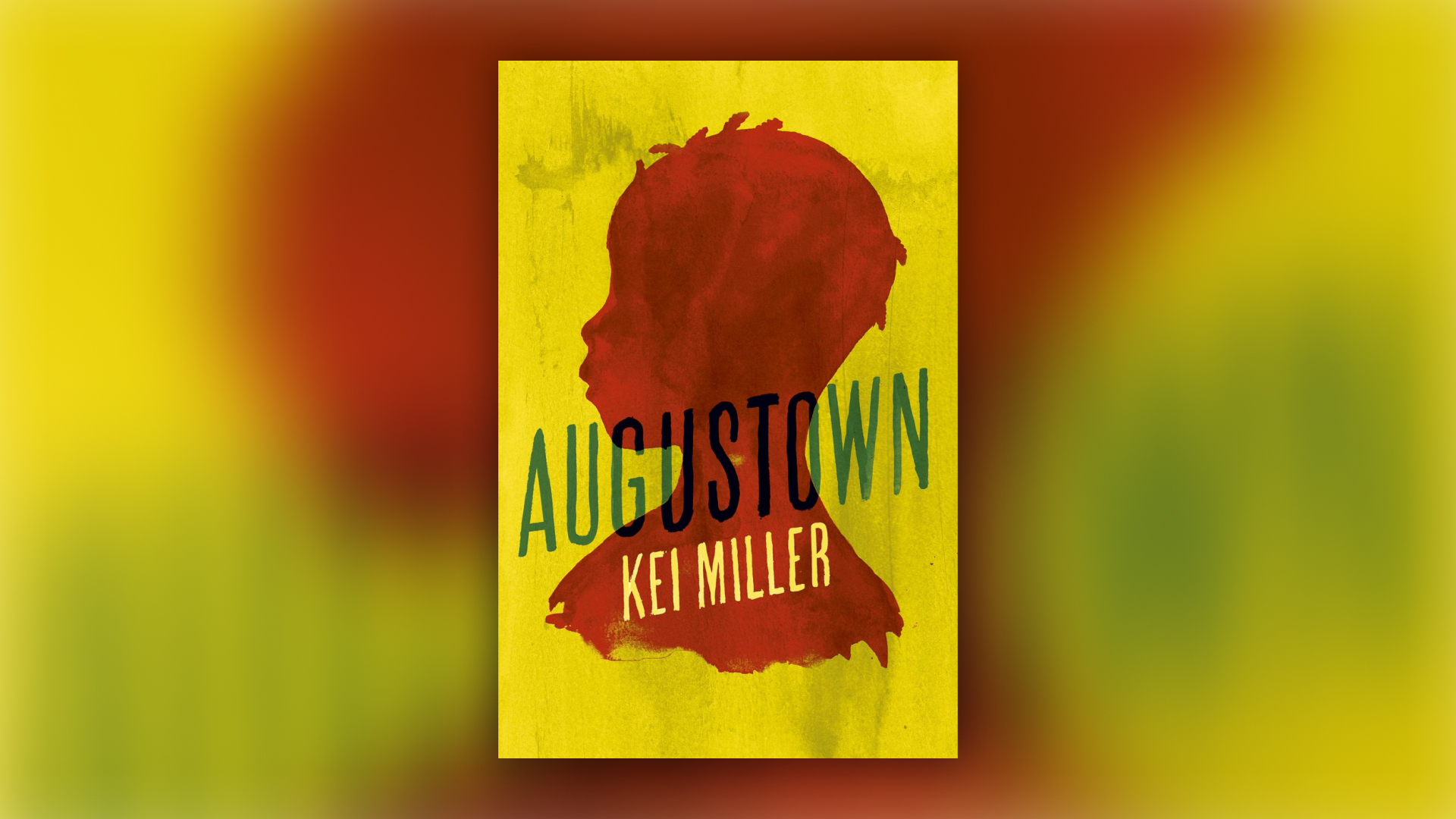
Look, this isn't magic realism. This is not another story about superstitious island people and their primitive beliefs. No. You don't get off that easy you may as well stop to consider a more urgent question . . . whether this story is about the kinds of people you have never taken the time to believe in.
Ma Taffy is blind and sees everything. She lives in poor Augustown, the Jamaican heartland. Her great-nephew Kaia, is being raised Rastafarian by his mother, Gina. One day Kaias teacher humiliates him for his appearance and Kaia runs home crying to Ma Taffy. She tells him the story of the Flying Preacherman, Master Bedward who flew away and how Rastafari was born.
Miller weaves the history of 20th century Jamaica through conversations, folk stories and memories. Augustown reminds us that everything you want to know about human beings can be found in a community if you just paid enough attention.
4. A Burst of Light by Audre Lorde
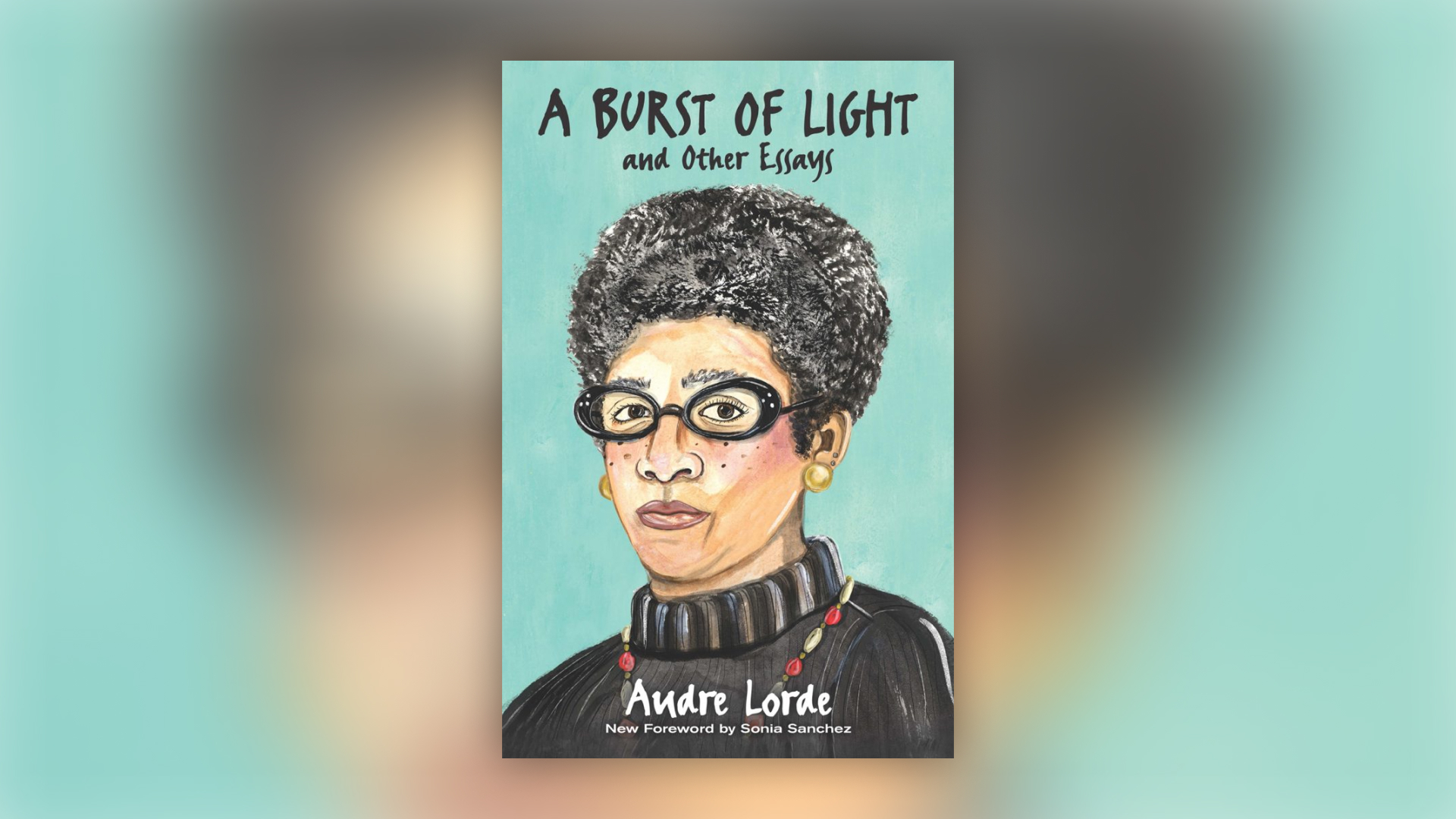
Perhaps for some of you here today, I am the face of one of your fears. Because I am woman, because I am Black, because I am lesbian, because I am myself a Black woman warrior poet doing my work come to ask you, are you doing yours?
When I feel lost I turn to the Lorde.
Reflections of the revolutionary black lesbian poet as she battles cancer. Her lifelong struggles armed her with the strength to face her illness and leave go out like a fucking meteor!
This book will fundamentally nourish, guide and change your life. Lorde bursts light onto every sentence, challenging us all to speak our truth: to break the silence. Lorde asks us to take care of each other to survive another day to dismantle oppression. Being intentional about our collective care is a radical act when so many people in power do not want you to survive. Lorde also calls on us to act. What oppression are you swallowing, making your body sick? Spit them out.
Buy A Burst of Light on Bookshop.org
5. Meditations by Marcus Aurelius
You could leave life right now. Let that determine what you do and say and think. Do everything as if it were the last thing you were doing in your life.
Meditations (AD 121-180) is the personal diary of Marcus Aurelius, a Roman Emperor who reflected every evening on how his day went. It was written with no intention of being published, but as a personal struggle on how he could ensure each day he was living, was moving towards his best possible life.
This powerful book has guided so many of the worlds thinkers, activists, politicians and philosophers hundreds of years later. Aurelius calls on us to face death, to see its certainty, and treat it as a friend: to ensure we act each day with purpose.
Buy Meditations on Bookshop.org
6. Creative Community Organising by Si Kahn
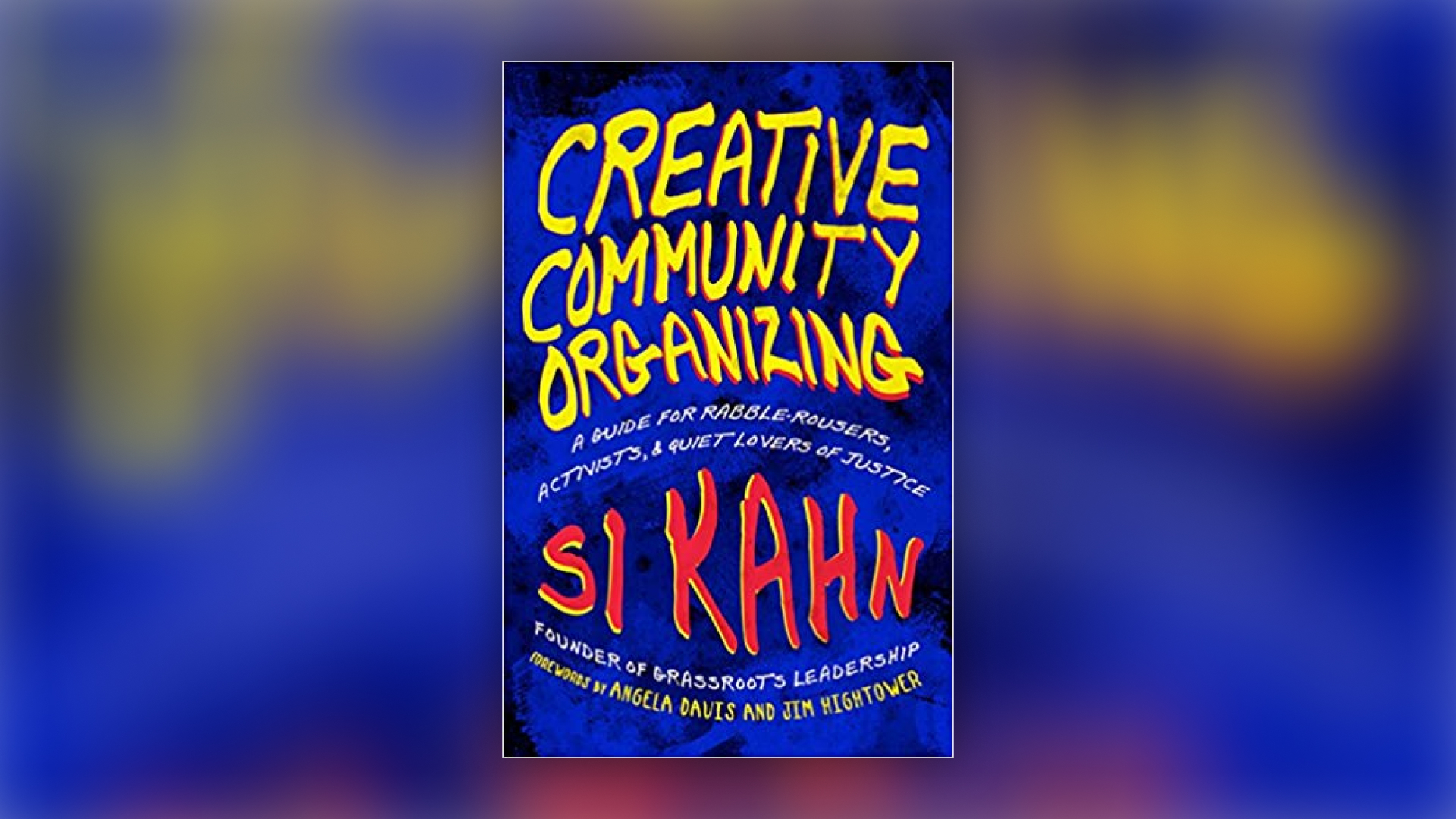
I've chosen to write the way my grandmothers cooked, a little of this, a little of that. I'm also concerned with what people learn on the way to that victory: about themselves, each other, history, justice, community, friendship. I want them to love the struggle for justice, not endure it.
A guide to community organising bringing together 44 years of lessons, strategies and stories from the incredible Si Kahn. Here, he shares his learnings from being a part of some of the most important progressive struggles of our time: the civil rights movement, the Harlan County miners strike, the fight against prison privatisation, and many more.
This book is also about the work of the people Kahn organised with who brought not just passion and courage but great freshness and innovation to everything they did. Kahn reveals how we organise creatively and stay in this work for the long term with joy, community and relationships.
7. How to be a Craftivist: The Art of Gentle Protest by Sarah Corbett
Gentleness can be a great strength, and quiet action can sometimes speak as powerfully amid the noise as the loudest voice. And if we want a world that is beautiful, kind and fair shouldn't our activism be beautiful, kind and fair?
I have seen Sarah Corbett at work and as someone who had strong doubts about the art of the gentle protest, I have found Corbett's work open, generous and participatory to so many people, especially those who currently feel they cannot involve themselves in change making. Sarah Corbett is a professional campaigner and founder of the Craftivist Collective. In this book she shares her journey from burnt-out activist to using craft to lift up global issues of injustice, start conversations rather than confrontation and to engage and encourage people on and offline to become part of changing our world for the better.
Buy How to be a Craftivist on Bookshop.org
8. Ella Baker and the Black Freedom Movement by Barbara Ransby
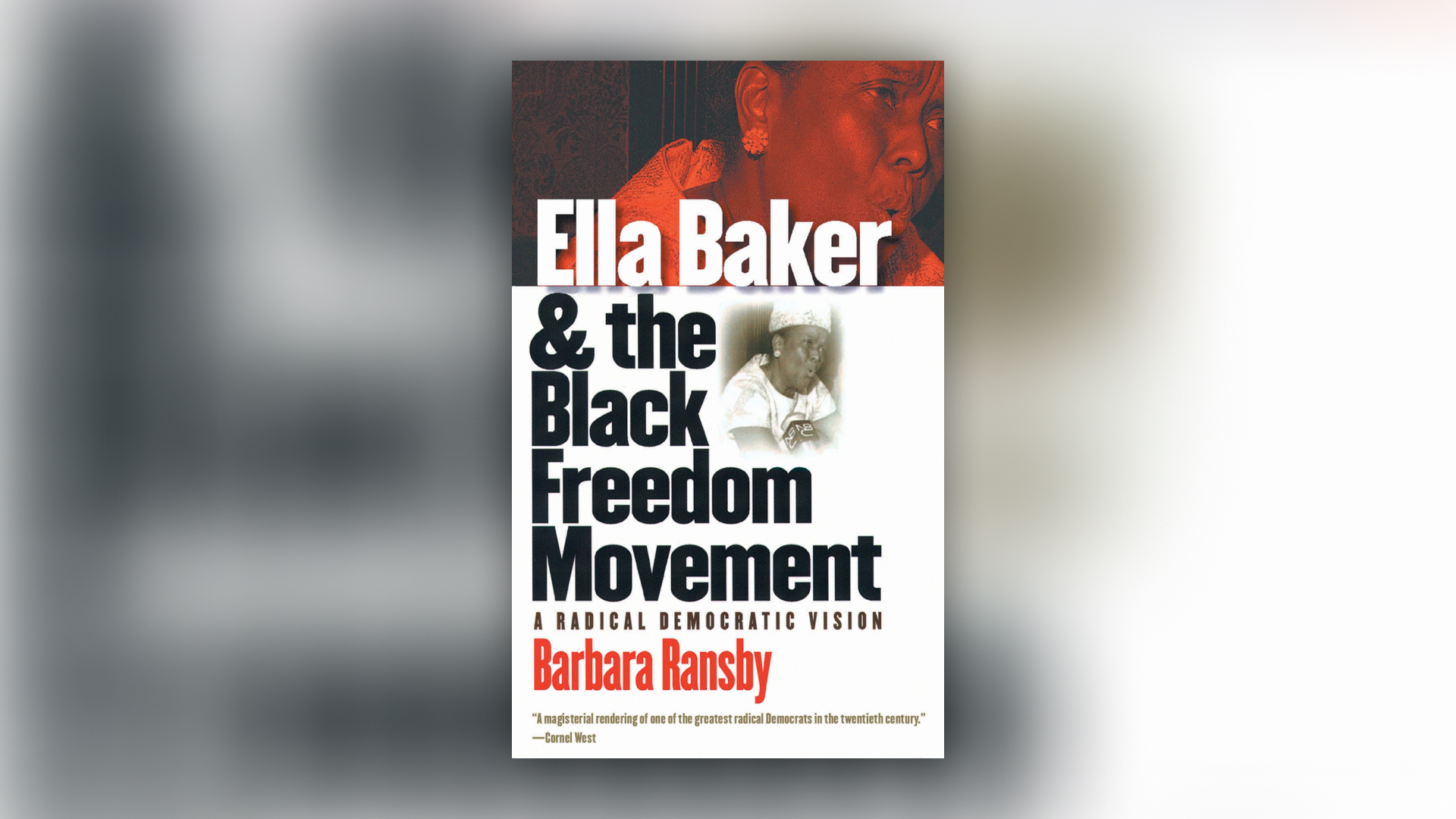
Oppressed people, whatever their level of formal education, have the ability to understand and interpret the world around them, to see the world for what it is, and move to transform it.
Ella Baker organised for over five decades with the most famous civil rights leaders of the time: W. E. B. Du Bois, Thurgood Marshall, A. Philip Randolph, and Martin Luther King Jr (MLK). Ella also mentored up-and-coming activists like Diane Nash, Stokely Carmichael, Rosa Parks and Bob Moses.
Ella Baker is one of the most important community organisers of the twentieth century and one of the most influential people in the civil rights movement. In this biography, Barbara Ransby shares Baker's long and rich political career as an organiser, an intellectual, and a teacher, from her early experiences in Harlem to the civil rights movement of the 1950s and 1960s.
Buy Ella Baker and the Black Freedom Movement on Bookshop.org
9. Strategy and Soul by Daniel Hunter
We believed in people power. We had faith in folks ability to organize and overcome long-shot odds. That we were able to make huge wins shows our correctness in thinking David can beat Goliath, even when Goliath has deep pockets and overwhelming political support.
This is a book that will show you what it takes to take on billionaires for a cause you believe in.
In October 2006, direct action trainer and activist Daniel Hunter got a call from a friend, Jethro Heiko, asking him to join a campaigning group trying to stop two multi-million-dollar casinos being built in residential areas in Philadelphia where they both lived. Strategy and Soul reveal the lessons learned along the way and what it takes to make change happen. All you need is some strategy, some humour, space for reflection, a dash of non-violent direct action and a growing group of committed citizens. A brilliant read for anyone involved with social movements, organising and activism.
Buy Strategy and Soul from Blackwell's.
10. Freedom Is a Constant Struggle by Angela Davis
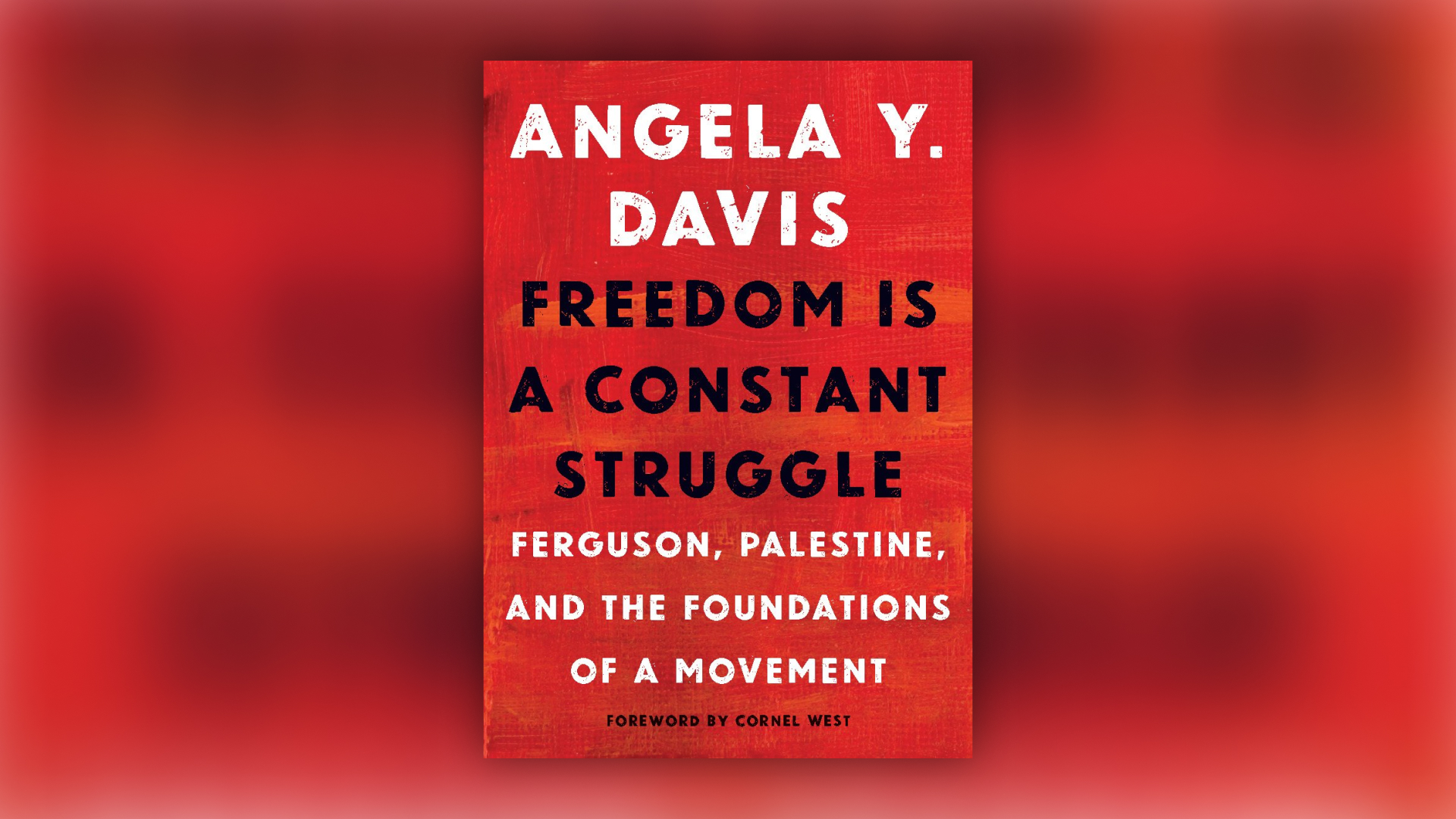
[Ev]ery change that has happened has come as a result of mass movements.
In a collection of essays, interviews, and speeches Angela Davis, renowned activist and scholar, brings together the struggles against state violence and oppression throughout history and across the globe to share concrete tools for readers to bring about change.
Reflecting on the role of radical women of colour in movement building, the importance of transnational solidarity in our work to dismantle capitalist power and how the young will lead, Davis urges us to see that all our movements depend on each if we are to achieve lasting social change and freedom.
Buy Freedom is a Constant Struggle on Bookshop.org
Who are we missing? Let us know in the comment section below.